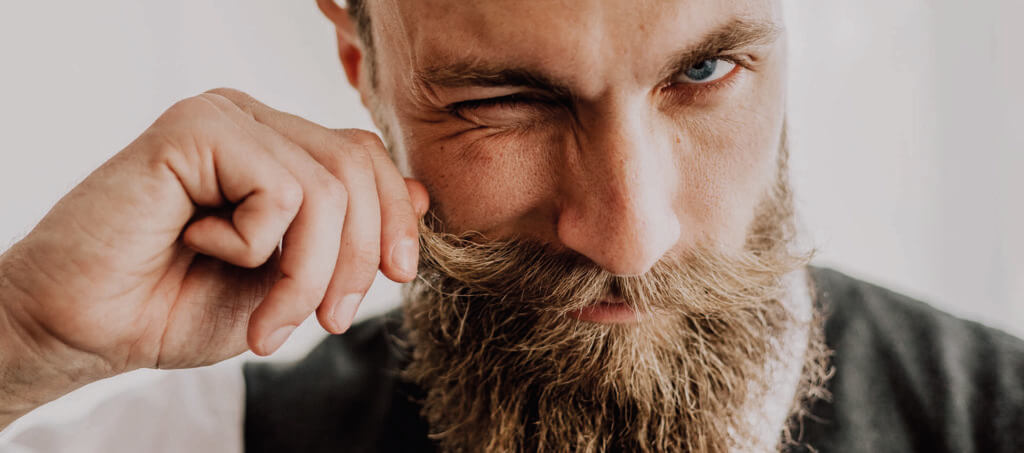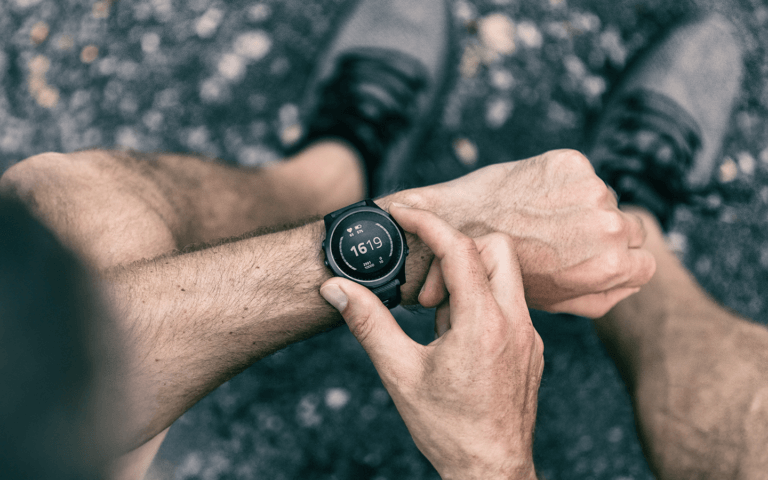Author: Dan Stanley
Featuring both Movember and International Men’s Day, November is the unofficial male month of the year and this year, particularly after the impact of COVID it’s an opportune moment to discuss the masculine ‘elephant in the room’.
Clearly, I am referring to men’s mental health. Recent data published by the Office for National Statics (ONS) found the suicide rate for men in England and Wales is at a twenty-year high and the Samaritans Chief Executive, Ruth Sutherland commented, “with the impact of the pandemic taking a huge toll on people’s mental well-being, we should be even more concerned.”
THE PANDEMIC BEHIND THE PANDEMIC as published by the Mental Health Foundation:
- Three times as many men as women die by suicide
- Men aged 40-49 have the highest suicide rates in the UK
- Men report lower levels of life satisfaction than women according to the Government’s national well-being survey
- Men are less likely to access psychological therapies than women: only 36% of referrals to NHS talking therapies are for men

As with many mental health statistics, it’s hard to know just how accurate the figures are and whether they truly represent what is happening in our wider society because they only account for mental health problems that have been reported; and we all acknowledge that many men’s mental health cases go undiagnosed.
In addition, and equally concerning is that men are far more likely than women to go missing, sleep rough, become dependent on alcohol and use drugs frequently.
Did you know that suicide is the largest cause of death for men under 50?
The recent but topical ONS report referenced earlier stated: “higher rates of suicide among middle-aged men in recent years might be because this group is more likely to be affected by the economic adversity, alcoholism, and isolation. It could also be that this group is less inclined to seek help.”
So, why don’t men talk about mental health?

Societal expectations and traditional gender stereotyping play a significant role in why men are less likely to discuss or seek help for their mental health problems.
Even today, in our more inclusive society many men still see themselves as the breadwinners and feel a certain gravitas toward those ‘traditional masculine traits’ of being strong, dominant, and in control. Whilst these aren’t inherently bad traits, they can make it harder for men to reach out for help and open up.
This is further compounded by some worrying research released by Mental Health England that suggests men who can’t speak openly about their emotions may be less able to recognize symptoms of poor mental health in themselves, and therefore less likely to reach out for support.
The pandemic has pulled back the curtain on what was already happening in men’s minds and behind closed doors. To illustrate this, in 2017 and according to the ONS, 12 men committed suicide per day whereas the most recent data put forth by the suicide prevention charity, Campaign Against Living Miserably (CALM) which is supported by ambassadors such as Tyson Fury, Joe Mahler, and Professor Green, states that 17 men are now taking their lives per day.
The true and emotional cost of COVID will be felt indefinitely.
Do you know someone who as taken their own life?
Perhaps not, but you may have witnessed a man you know pressing the self-destruct button on himself and his seemingly successful life by turning to potentially damaging coping/avoidance strategies such as drugs or alcohol to escape their undiagnosed mental health crisis.
What can I do if I’m worried about my mental health?

If you want some tips on staying well, start by looking at the 10 practical ways to look after your mental health on the Mental Health Foundation website.
But if you’re concerned that you’re developing a mental health problem, talk to your doctor It can be daunting, but most people find that speaking out and getting help and support can make a big difference to their lives.
If you’re worried or concerned about someone’s mental health. Here’s how you can help them:
- Let them know you’re there to listen to them without judgement.
- Someone who is experiencing mental health problems may find it hard to reach out, so try to keep in touch. A text message or a phone call could make a big difference.
- Find out about local services such as talking therapy or support groups. See if there are any specifically for men if you think they’d prefer that. Mind has an online directory of peer support groups in England and Wales.
- Help them to get help. Reassure them it’s okay to ask for help, and that support is out there. You could help them contact their doctor or accompany them to their appointment if they want you to.
- Take care of yourself. Looking after someone else can be hard, so make sure you consider your own well-being too.
In summary, I know a thing or two about mental health; I have lived through my own experience of poor mental health, I’m a qualified mental health first aider and occasionally, I also work with men who are experiencing bouts of depression or anxiety.
We all have mental health and whether poor mental health is hereditary or brought on by lifestyle factors, we can all do more to support ourselves, our gender and our men, be they family, colleagues, or in our community and the month of ‘Movember’ is a timely catalyst to do so.
My parting message to the men that have read this article is simple, forget manning up and instead start opening up, there’s no stigma or shame attached to poor mental health. You are loved and the people that love you want you to live a happy and a healthy life.
Dan Stanley is a qualified expert in men’s self-development and performance. In 2018, he founded BetterMen to help men achieve and maintain long-term personal and professional success. He uses scientifically proven methods to enable his clients to develop the clarity and mindset to achieve their goals and to lead more rewarding lives.
The stresses of COVID presented themselves in many ways and erectile dysfunction was another prevalent health issue among men, GET A GRIP ON YOUR TACKLE to ensure you can get hard in hard times.






